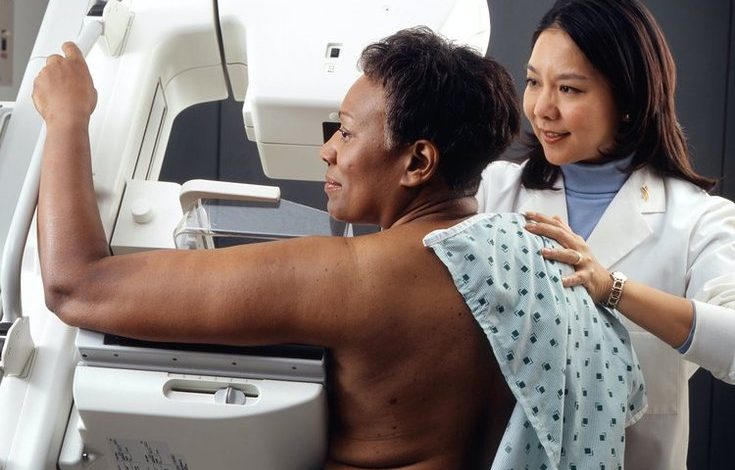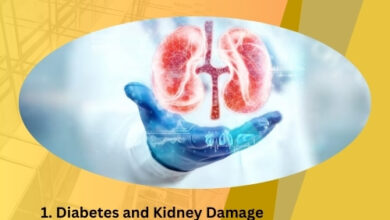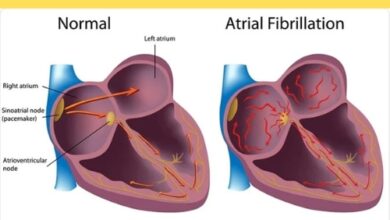Double mastectomies do not improve breast cancer survival likelihood for most women, study finds
The death rate for those who receive the procedure preventively is similar to those who receive a lumpectomy or single mastectomy.

While surgically removing both breasts in a double mastectomy may seem like the best strategy to stop breast cancer from spreading, new study indicates that this procedure has no bearing on survival.
According to a Canadian study conducted by the Women’s College Hospital Research and Innovation Institute, having the second breast removed as a preventative measure does not improve a woman’s chances of surviving if she is diagnosed with cancer in one breast. Because cancer cells can migrate to other regions of the body, researchers discovered that it lowered the probability of developing cancer in the second breast by 88%. However, the mortality rates remained the same.
The study looked at 108,084 women with breast cancer over a 20-year span and was published on Thursday in JAMA Oncology. For individuals who had a single mastectomy or lumpectomy (removal of breast cancer), the risk of having cancer in the second breast was 6.9%, and for those who had a double mastectomy, the risk was 0.7%. However, the three rates of death—16.7% for a single mastectomy, 16.3% for a lumpectomy, and 16.7% for a double mastectomy—were almost identical.
According to Women’s College Hospital researcher Steven Narod, “that seems like a paradox,” STAT News reported. A contralateral breast cancer increases the chance of death. However, avoiding it doesn’t make you more resilient.”
Nonetheless, doctors continue to advise double mastectomies for women with BRCA1 or BRCA2 gene mutations, which greatly raise the risk of breast cancer. Among other things, the process might lessen anxiety related to assistance.
However, experts noted that the study’s conclusions might reassure other women about their alternatives.
The head of the Yale Cancer Center, Dr. Eric Winer, told the New York Times that the evidence “suggests that there is absolutely no difference in survival if you have a lumpectomy, a mastectomy, or a double mastectomy.”
According to the newspaper, Dr. Angela DeMichele, co-director of Penn Medicine’s breast cancer program, the study offered a thorough review in contrast to other research that produced conclusions along these lines. Surgery might not increase the chance of survival over other treatment options because breast cancer can spread to other areas of the body.
“That is why chemotherapy and hormonal therapies are so important,” DeMichele stated. “They are designed to kill these cells.”




